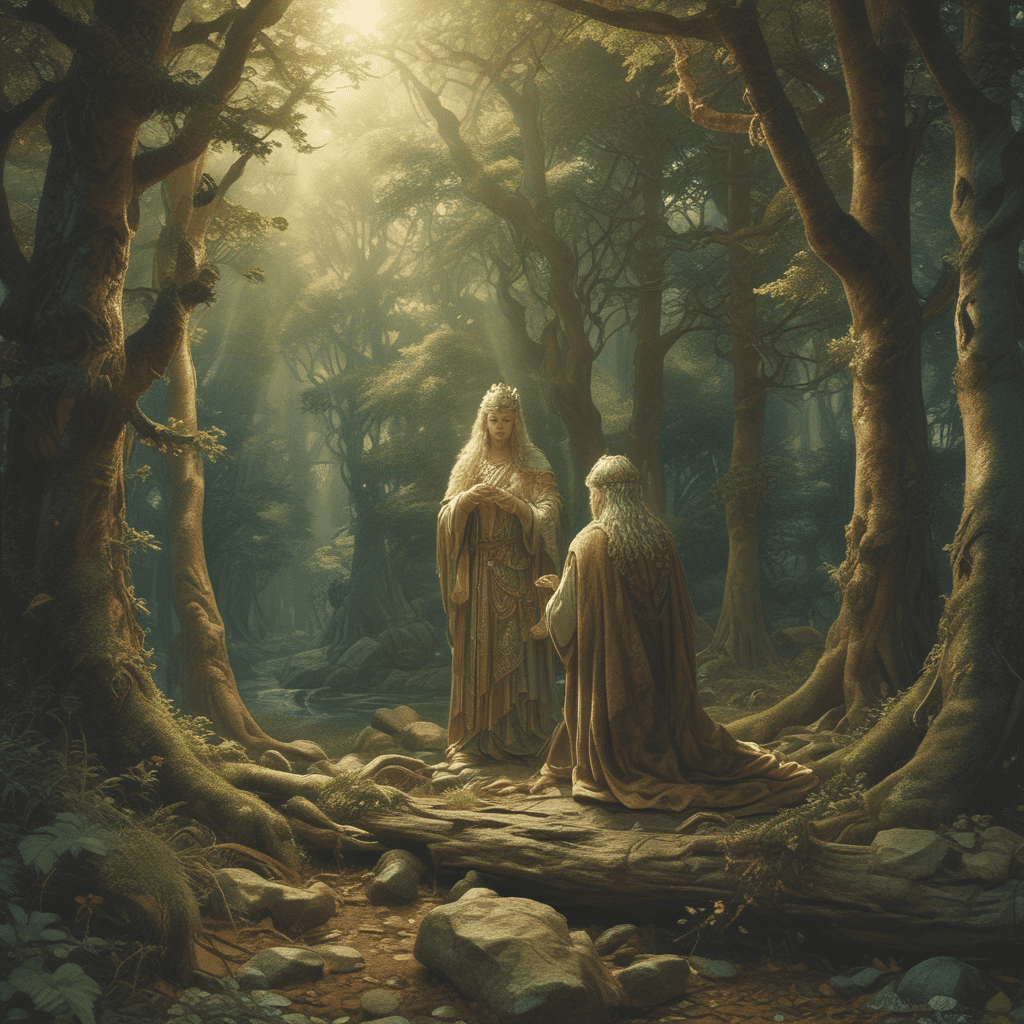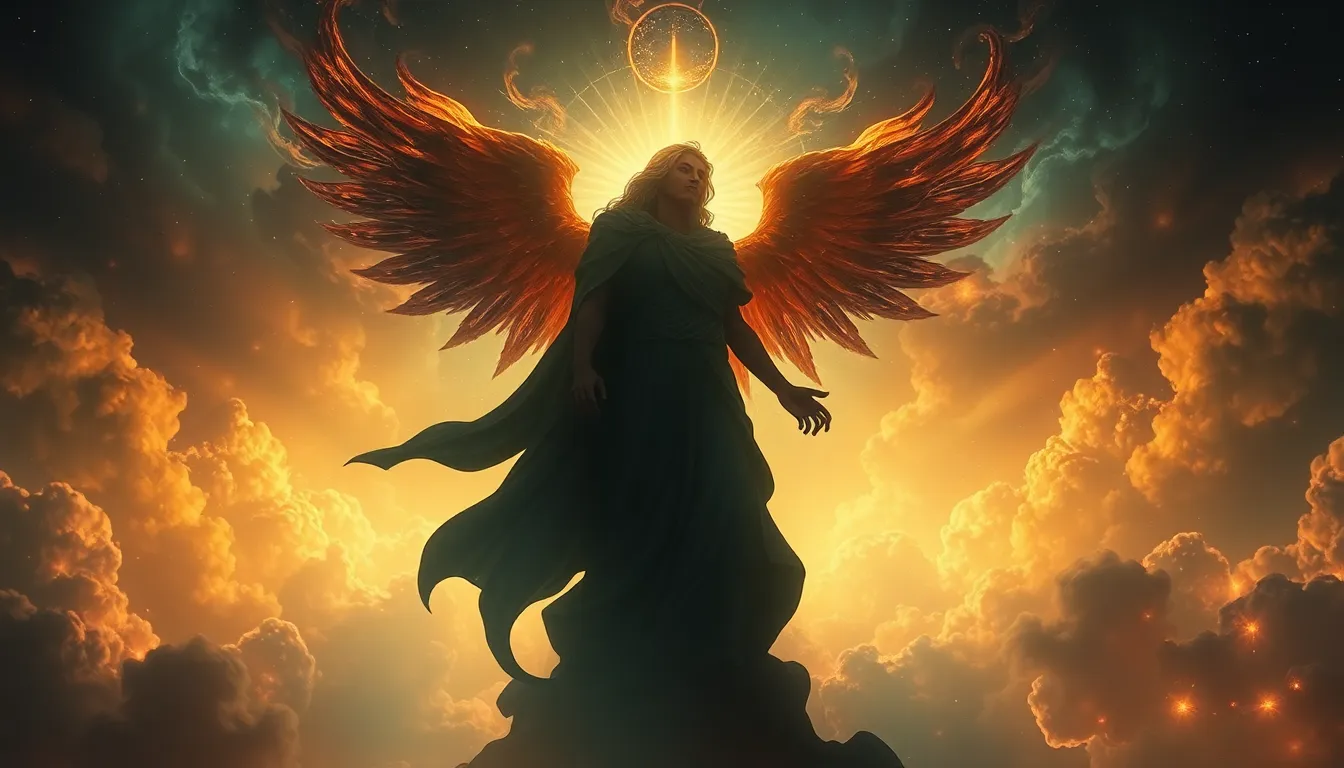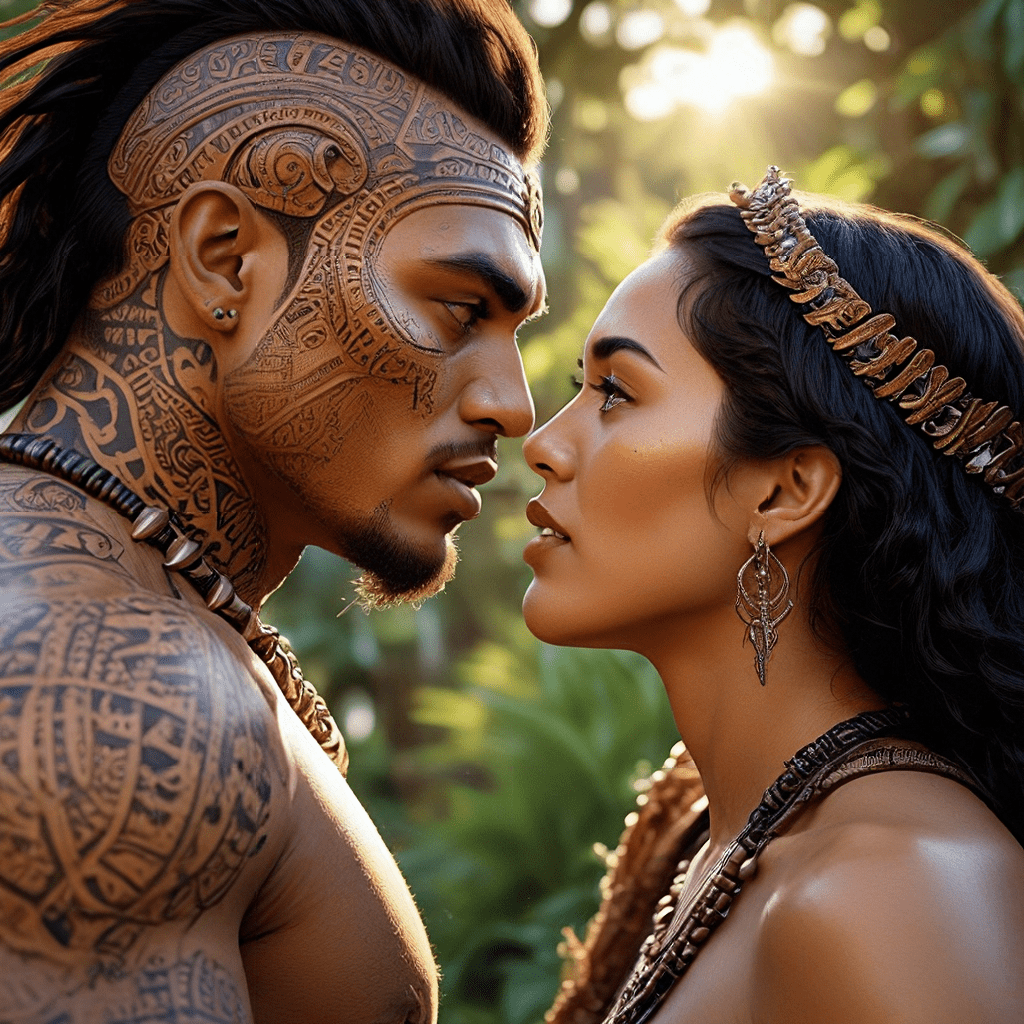The Impressive Role of Storytelling in Celtic Mythology
In Celtic mythology, storytelling plays a vital and profound role in preserving the rich tapestry of beliefs, traditions, and legends of the Celtic people. Let’s delve into why storytelling holds such significance in Celtic culture.
Roots and Essence of Celtic Mythological Stories
Celtic myths have been passed down through generations via captivating oral narratives. These stories are not merely entertainments but serve as a way to impart moral lessons, teach history, and explain natural phenomena. Each tale is woven with symbolism, mysterious beings like fairies and gods, and serves as a connection to the Celtic spirituality and landscape.
Preservation of Cultural Identity
Storytelling in Celtic mythology serves as a tool for preserving the unique Celtic culture and identity. Through tales of heroic warriors, mystical creatures, and invocations of nature spirits, the stories carry the essence of what it means to be Celtic. They solidify a sense of belonging and pride in one’s heritage, fostering a strong cultural identity among the Celtic people.
Passing Down Wisdom and Values
Beneath the captivating narratives of Celtic mythology lie profound moral teachings and values. These stories impart lessons on courage, loyalty, respect for nature, and the consequences of hubris. Through the exploits of legendary figures like Cú Chulainn and the deeds of the Tuatha Dé Danann, Celtic mythology imparts timeless wisdom that resonates across generations.
Continued Relevance in Modern Times
Despite the ancient origins of Celtic mythology, storytelling remains a vibrant and living tradition in modern times. Through literature, art, and even modern-day retellings, the essence of Celtic myths continues to captivate and inspire people around the world. The themes of love, loss, heroism, and the eternal struggle between light and dark remain relevant and continue to offer profound insights into the human experience.
FAQs about The Importance of Storytelling in Celtic Mythology
What role did storytelling play in Celtic mythology?
Storytelling was a fundamental aspect of Celtic mythology as it served as a way to pass down traditions, beliefs, and history from generation to generation. It helped preserve the culture and values of the Celtic people.
How did storytelling impact Celtic society?
Storytelling in Celtic mythology not only entertained but also educated the listeners about moral lessons, societal norms, and the relationships between humans and the divine. It was a tool for community bonding and identity formation.
Why were myths and legends important in Celtic storytelling?
Myths and legends in Celtic storytelling were crucial as they provided explanations for natural phenomena, human behavior, and the origins of the world. They reflected the Celtic worldview and offered insights into their beliefs and values.
How were Celtic myths preserved and transmitted through storytelling?
Celtic myths were typically passed down orally by bards, druids, and storytellers who memorized the tales and shared them during gatherings, festivals, and ceremonies. This oral tradition allowed the myths to endure over centuries.



